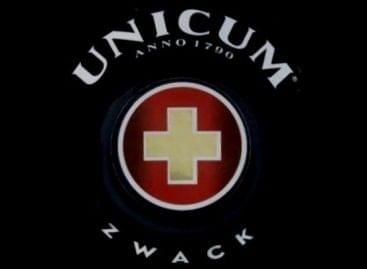Coface Country Risk: Companies’ solidity already impacted by the systemic crisis in Europe and political risks in emerging countries
On the occasion of its 16th Country Risk Conference, Coface is principally issuing a warning about the systemic nature of the current crisis, of which the Euro zone is the epicentre. In 2012, the European economy will be marked by a recession rate of -0.1%, while growth will stabilise in the USA at +1.6% and recover in Japan at +1.8%. This should prevent a return to the worst of the 2008-2009 crisis, characterised by a synchronised recession in all three advanced economic areas. Overall, growth in advanced economies will be 1.1% in 2012. Emerging countries should maintain growth at 5.1%, with a 0.6-point drop in GDP against 2011. Emerging European economies will be the areas most exposed to the intensification of the Euro crisis through both commercial and external banking credit channels.
In addition, among the risks to be monitored is a clear return of political risks in emerging countries
European companies: victims of the new global systemic crisis
The period from the second half of 2009 to the first half of 2011 was a brief respite for the world economy. The situation worldwide has deteriorated since the summer of 2011 with the crisis in the Euro zone worsening. Coface has noted a clean break in companies’ payment behaviour in the second half of 2011, with a sharp rise in non payments. For 2011 as a whole, Coface recorded a 19% rise in payment incidents worldwide, with a particularly marked increase (28%) for companies in the Euro zone.
The deterioration of average company solidity demonstrates that the crisis is taking a new direction and has attained a global systemic level with Italy entering a recession. The situation appears to differ from the 2008 shock as a result of this critical mass effect, but also because of increased financial interdependence and the exposure of banks both inside and outside the EU to European sovereign debts.
The emerging European economies will suffer the most from the contraction in demand and financing movements within the Euro zone. Given their exposure to sovereign debt in the Euro zone, Western European banks will be obliged to reduce support to their subsidiaries, which will affect the granting of credit facilities to companies. Assets held by European banks account for 70% of Eastern European GDP. It is also estimated that one-fifth of the growth in the last decade in Eastern Europe can be attributed to dynamic trans-frontier credit. Were the European credit tap to be shut off, there would be a major impact on emerging European economies, which also frequently have a private sector with massive currency debts.
The growth of open economies will be halved from 4.1% in 2011 to 2% in 2012. The A2 assessments of the Czech Republic and Slovenia as well as the A3 assessment for Slovakia have been placed under negative watch. Hungary is facing increased investor distrust and has been downgraded to B. Exposure to Italian risks and the weakness of activity resulting from an exchange rate shock have prompted Coface to downgrade the assessment of Croatia to B.
Related news
Related news
Baby Coupon Week is here again at Rossmann – 10% discount on all baby products for Rossmann+ members
Rossmann is committed to supporting families and parents with young…
Read more >Stability and strategic change at Zwack Unicum
Zwack Unicum remains a key player in the domestic premium…
Read more >New international partner at Baker McKenzie
Baker McKenzie has appointed Benedek Kovács, Head of the Real…
Read more >



